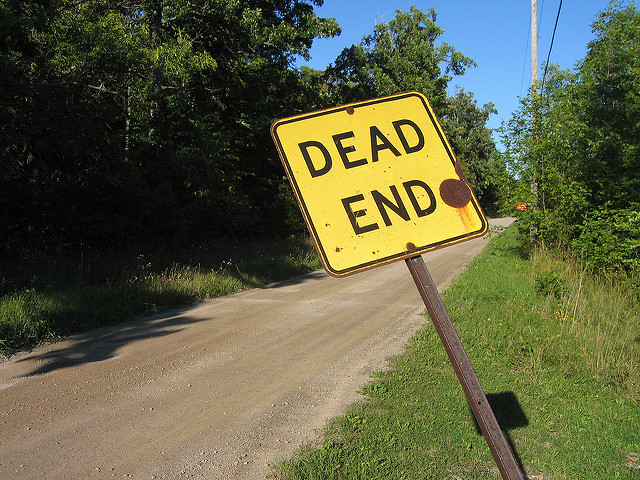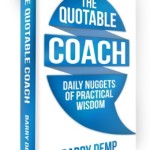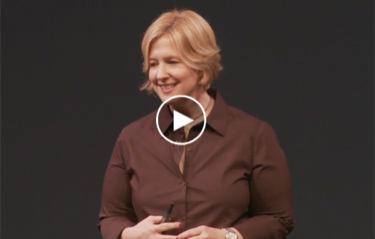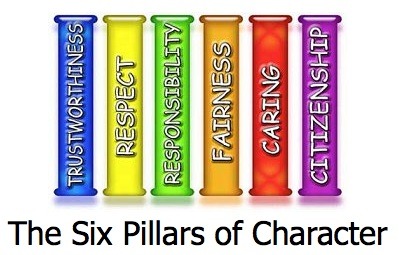“Easy Street is a blind alley.”
—Author Unknown

Are you always looking for the path of least resistance and the easy way to navigate your world?
If so, you may have noticed a drawback from such a strategy. Consider people who don’t exercise and live sedentary lives. What do you notice about their relative health, well-being, and overall vitality?
Coaching is all about helping people stretch and push beyond their physical, mental, emotional, and sometimes their spiritual limits to open up bright new vistas of professional and personal possibilities and achievement.
EXERCISE:
How can you take a more challenging “road less traveled” today, to strengthen your capacity to clearly see and realize an extraordinary life?







